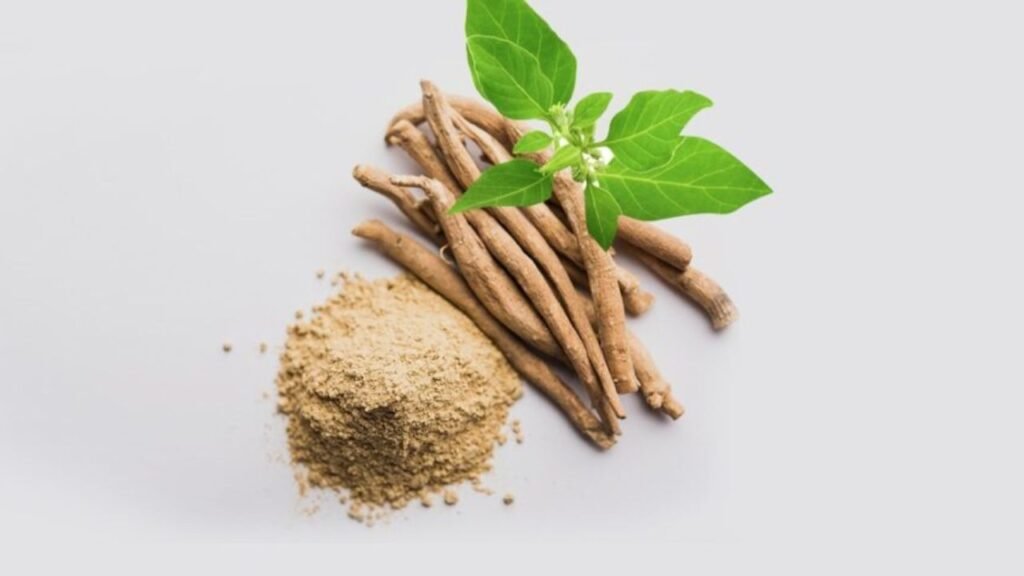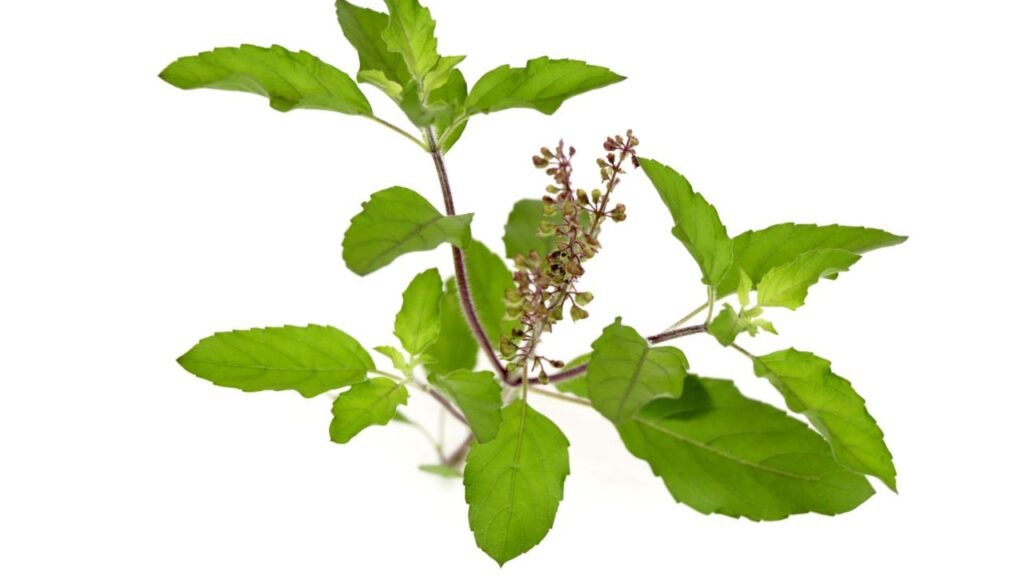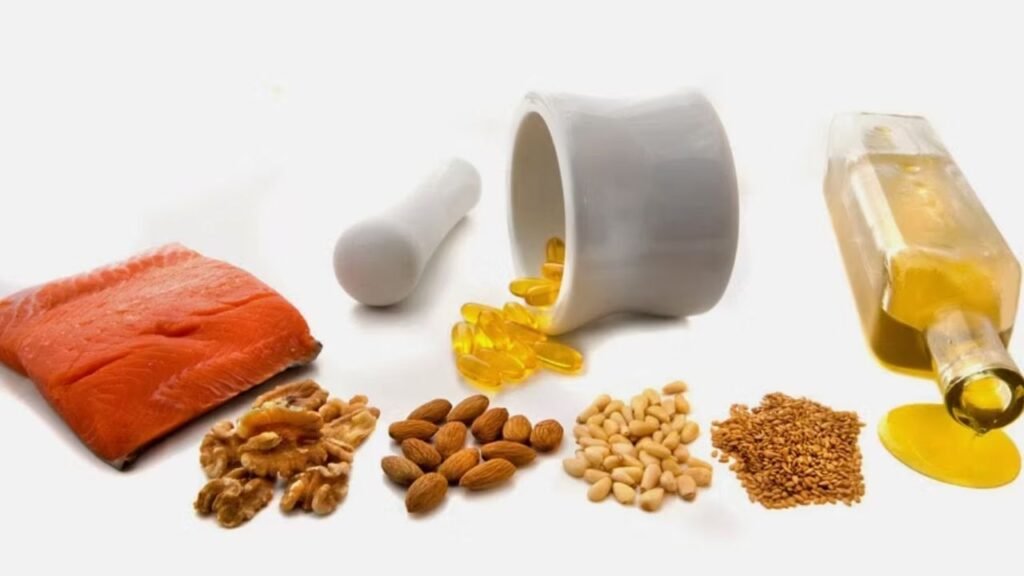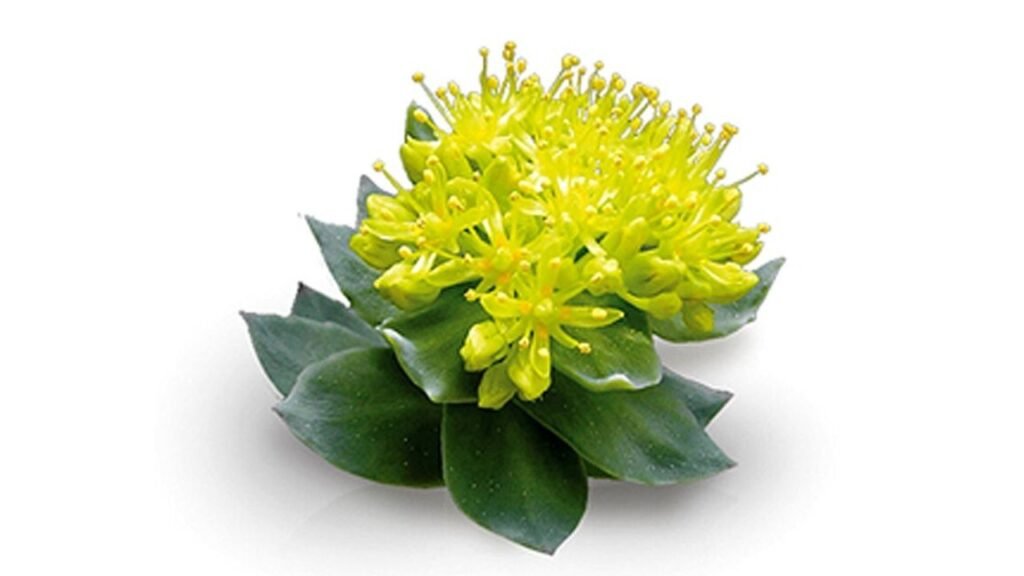Stresses are an inevitable phenomenon. It could be a deadline at work, a personal issue, or an emergence situation that we have not planned on, but the effect on our bodies is the same a highly complicated hormonal process that makes us alert and ready to respond. Cortisol is one of the hormones that play a major role in this response. Cortisol, produced by adrenal glands, is a crucial hormone that helps our body to cope with stress, ensures energy levels, controls metabolism and balances immune system.
Though cortisol is a lifesaver, in the necessary amounts and durations, an excess of it, particularly in the long-term, can be disastrous to our well-being. A variety of issues are associated with chronic high levels of cortisol, such as anxiety, weight gain, sleep disorders, compromised immunity, or even neurodegenerative disorders.
Luckily, you can help your body to maintain cortisol in balance. Professionals note that there are some supplements that can assist with lowering cortisol levels naturally to supplement lifestyle modification and medical treatment, as required. This article will discuss four of the most promising cortisol-level supplements according to the existing scientific research and expertize.
Getting to Know Cortisol: The Stress Hormone
What Is Cortisol and What Does It Do?
Cortisol is somewhat referred to as the stress hormone yet it is so much more. It is a steroid hormone that is produced in adrenal glands, which are located on top of your kidneys, using cholesterol. The effects of cortisol reach out to almost all body systems – your nervous system and immune system, your cardiovascular system, respiratory system, reproductive system, and your musculoskeletal system.
When your brain senses stress, either physically through danger, emotionally through strain or mentally through pressure, it communicates to the adrenal glands to produce cortisol. This hormone assists:
- Increase glucose in blood to get instant energy.
- Put on hold unnecessary activities like digestion and immunity.
- Boosts the performance of the brain especially memory and alertness.
- Uphold vascular pressure and heartenedness.
Cortisol is like the body’s version of keeping you in prepared mode when faced with a challenge, to go alongside adrenaline which gives you a short-term energy and concentration boost.
The Dangers of Chronic High Cortisol
While beneficial in short bursts, chronic high cortisol levels caused by prolonged stress can be harmful. Long-term cortisol elevation has been linked to:
- Increased risk of Alzheimer’s and Parkinson’s diseases
- Mood disorders such as depression and anxiety
- Chronic pain and inflammation
- Weight gain, especially in the abdominal area
- Weakened immune function
- Sleep disturbances
- High blood pressure and heart disease
According to Myles Spar, M.D., a double board-certified expert in personalized medicine, “Continual exposure to high cortisol can damage multiple organ systems and impair brain function.”
What Is Normal Cortisol?
Cortisol levels naturally fluctuate throughout the day, following a circadian rhythm:
| Time of Day | Typical Cortisol Level (micrograms per deciliter) |
| Morning (6 AM – 8 AM) | 10 – 20 |
| Late afternoon (4 PM) | 3 – 10 |
| Midnight | Lowest levels |
These values vary by individual and can be influenced by medications such as steroids. Testing is typically done via blood draw twice in a day for an accurate picture.
4 Cortisol-Reducing Supplements: The Expert Guide
Although the pillars of stress management must include lifestyle changes, such as meditation, exercise, and sleep hygiene, some supplements have been promising in lowering cortisol levels and inducing a state of relaxation. Four of the most studied and expert-supported supplements are mentioned below.
1. Ashwagandha ( Withania somnifera )

Among the most popular adaptogenic herbs is ashwagandha which has the property of assisting the body to adapt to both physical and mental stresses without sedation. It regulates the nervous system, assisting in the regaining of balance in stress hormone manufacture.
What the Science Says:
In 2023, a meta-analysis of nine studies found that ashwagandha supplementation has a short-term effect of decreasing stress and cortisol levels.
- A second 2023 study determined that 500 mg of ashwagandha root extract per day over 60 days led to a significant reduction in cortisol in the morning.
- The herb is mostly safe and tolerated well which makes it the best choice in managing cortisol.
- Dr. Jill Stocker, hormone balance specialist and osteopathic physician, calls ashwagandha one of the “best supplements to regulate cortisol and nervesettle the nervous system.”
How It Works:
It is suggested that ashwagandha lowers cortisol through adrenal glands by influencing the hypothalamic-pituitary-adrenal (HPA) axis, which is the central stress-response system, and therefore, decreases cortisol secretion by the adrenal glands in response to stress.
2. Tulsi (Holy Basil)

Another adaptogen worshiped in Ayurvedic medicine is tulsi, or holy basil, which is reputed to relieve the effects of stress.
Research Insights:
A 2022 clinical trial study reported that subjects consuming 125 mg of holy basil two times a day had a considerably lower cortisol concentration in saliva and hair compared with placebo.
- In a 2017 meta-analysis, long-term use of tulsi was reported to reduce stress symptoms by 31.6 percent to 39 percent, but did not specifically measure cortisol.
- Dr. Myles Spar prefers tulsi due to its calming effects although its cortisol-lowering effects require further studies to be established.
- When it comes to benefits, it is important to note that besides cortisol benefit, there are other benefits associated with cortisone acetate:
Holy basil has also been proposed to have immune-boosting properties, as well as benefits to mental sharpness and anxiety symptoms, which makes it a flexible supplement to use in managing whole-body stress.
3. Omega-3 Fatty Acids

Fish oil and its omega-3s are most popular in cardiovascular support, but also show new promise in reducing stress and inflammation.
Cortisol and Omega-3s:
A 2021 study demonstrated that omega-3 supplementation (four months) reduced cortisol and systemic inflammation in omega-3-deficient adults during a stressful situation.
- In a 2022 study of adolescents with depressive disorders, omega-3 consumption in the diet reduced cortisol levels in only six weeks.
- Omega-3s contain anti-inflammatory effects that can as well counteract the effects of stress-induced immune dysfunction.
- The National Institutes of Health recommends further investigation, but omega-3s seem promising in their bidimensional action on mental health and cortisol regulation.
4. Rhodiola Rosea

Rhodiola is a less well known yet powerful adaptogen that is embraced due to its stimulating effects as opposed to sedative properties.
Mixed Evidence:
- A 2023 meta-analysis included 25 adaptogen studies, with some finding rhodiola may reduce cortisol, and others finding no effect.
- There are also reports of some participants having lower stress and fatigue which indicates that rhodiola helps the body resist stress but the mechanisms are not entirely clear.
- The experts advise that consumers should consult a medical professional before taking rhodiola because of the conflicting outcomes and potential interactions.
Supplements to Reduce Cortisol
| Supplement | Typical Dosage | Mechanism of Action | Key Benefits | Research Status |
| Ashwagandha | 300-600 mg/day | Regulates HPA axis; adaptogen | Lowers cortisol, reduces anxiety | Strong evidence (meta-analysis) |
| Tulsi (Holy Basil) | 125-250 mg twice daily | Adaptogen; reduces cortisol in saliva/hair | Reduces stress, immune support | Promising, more research needed |
| Omega-3 Fatty Acids | 1-3 grams EPA/DHA | Anti-inflammatory; supports brain & immune | Lowers cortisol and inflammation | Moderate evidence |
| Rhodiola Rosea | 200-600 mg/day | Adaptogen; may reduce fatigue and cortisol | Enhances energy, stress resistance | Mixed evidence |
How to Reduce Cortisol Naturally: Beyond Supplements
While supplements can be helpful, experts emphasize the importance of holistic lifestyle approaches for long-term cortisol balance.
Expert-Recommended Natural Methods
- Meditation and Prayer: Regular mindfulness or spiritual practices calm the nervous system.
- Gratitude Journals: Focusing on positive aspects can lower stress perception.
- Humming: Stimulates the vagus nerve to reduce fight-or-flight responses.
- Yoga and Movement: Physical activity promotes cortisol regulation and overall health.
- Spending Time in Nature: Nature exposure lowers stress hormones.
- Massage and Acupuncture: Bodywork therapies stimulate relaxation.
- Sleep Hygiene: Prioritizing quality sleep stabilizes cortisol rhythm.
- Avoiding Stimulants: Limiting caffeine and nicotine reduces adrenal stimulation.
- Breathing Exercises: Techniques like 4-7-8 breathing calm the nervous system.
Dr. Spar highlights breathing exercises as a quick, accessible tool to manage acute stress
When to See a Doctor About Cortisol Levels
Persistent high cortisol can indicate serious conditions like Cushing’s syndrome, which requires medical evaluation.
Symptoms of High Cortisol (Cushing’s Syndrome)
- Unexplained weight gain, especially in the abdomen and face
- Thin arms and legs with muscle weakness
- Purple stretch marks on abdomen and thighs
- Easy bruising
- Mood swings and cognitive difficulties
- Irregular menstrual cycles or sexual dysfunction
- Fatty hump between shoulders
If you notice these symptoms, consult a healthcare professional immediately for testing and diagnosis.
Conclusion
Cortisol plays a crucial role in our body’s response to stress, but when levels remain high over time, it can lead to significant health problems. Fortunately, there are several natural supplements with growing scientific support that may help reduce cortisol and ease stress, including ashwagandha, tulsi, omega-3 fatty acids, and rhodiola.
Integrating these supplements with lifestyle practices such as meditation, exercise, and good sleep can provide a comprehensive strategy for managing cortisol and supporting overall well-being. Always consult with a healthcare provider before starting any new supplement regimen, especially if you have underlying health conditions or are taking medications.






